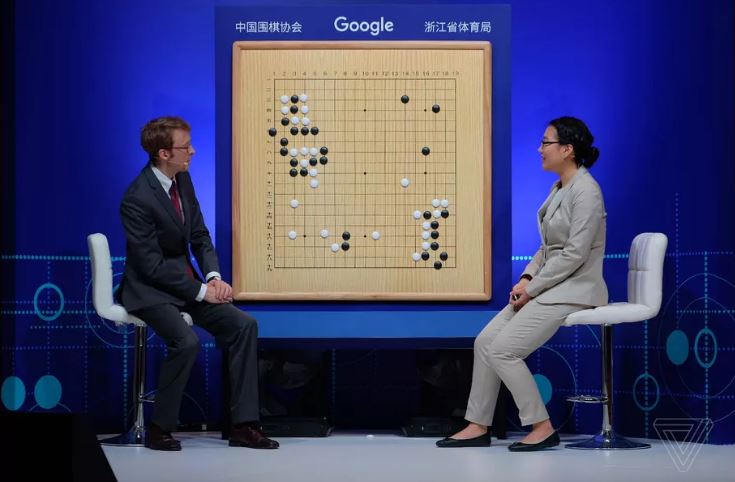Terrible film demands apology for honest online reviews – China’s latest society and culture news
A summary of the top news in Chinese society and culture for September 27, 2017. Part of the daily The China Project newsletter, a convenient package of China’s business, political, and cultural news delivered to your inbox for free. Subscribe here.

“This is hilarious. It’s like claiming that you studied hard but got rejected by Peking University, so you decide to ask for an apology from the Education Ministry. There is no correlation between how many years you spent working on a film and the final quality of it.”
“The director should apologize to us for creating such a crap film.”
These are two typical comments (in Chinese) on social media site Weibo in reaction to the news that the producers of Pure Hearts: Into Chinese Showbiz 纯洁心灵 are demanding an apology from Douban.com, a website that hosts one of China’s best film-rating platforms.
Rated a 2 on a scale of 1 to 10, Pure Hearts was directed by Bi Zhifei 毕志飞, a young filmmaker with a doctorate from the Beijing Film Academy. Featuring only amateur performers, the film tells a cheesy story about a group of aspiring actors and actresses who realize their dreams after a series of setbacks. According to Bei, he put 12 years of “heart and sweat” into the film from casting to directing. Also, without a single celebrity, Pure Hearts defies the long-existing golden rule in the Chinese film industry that only big names can drive box office sales. “The film doesn’t want to be kidnapped by capital,” Bi said. “It intended to win the audience’s applause with its high quality.”
However, five days after Pure Hearts hit the silver screen on September 22, cinemas pulled the film because of its low score on the most trusted film-rating website in China. “A score of two on Douban severely damaged our film’s distribution in theaters. Many viewers were misled, and they even started to attack us on social media,” a statement released by the film’s production company said. “Therefore, we are urging Douban to take remedial actions as soon as possible. We also need a public and written apology.”
Douban has not yet responded. But in an article published in 2015, to prove the site’s credibility, Douban’s CEO Abei 阿北 explained the mechanism behind the rating system in great detail. “‘One person, one vote’ is the fundamental rule we adhere to,” the CEO said. He also noted that it is a backend program that calculates scores submitted by users every several minutes, and that Douban would never interfere with the calculating process.
-
Art
Beijing-based photographer Luo Yang shoots to smash stereotypes of Chinese girls / The Beijinger -
Weather
China unleashes storm of ideas for typhoon names / SCMP -
Traditional dress
New blood and old masters keep craft of qipao dressmaking alive / SCMP -
Bad tourists
Ancient Chinese monument used as climbing wall by visitors / SCMP -
Treatment of animals
Animal lovers shell out to help rescue team that freed turtle / SCMP






